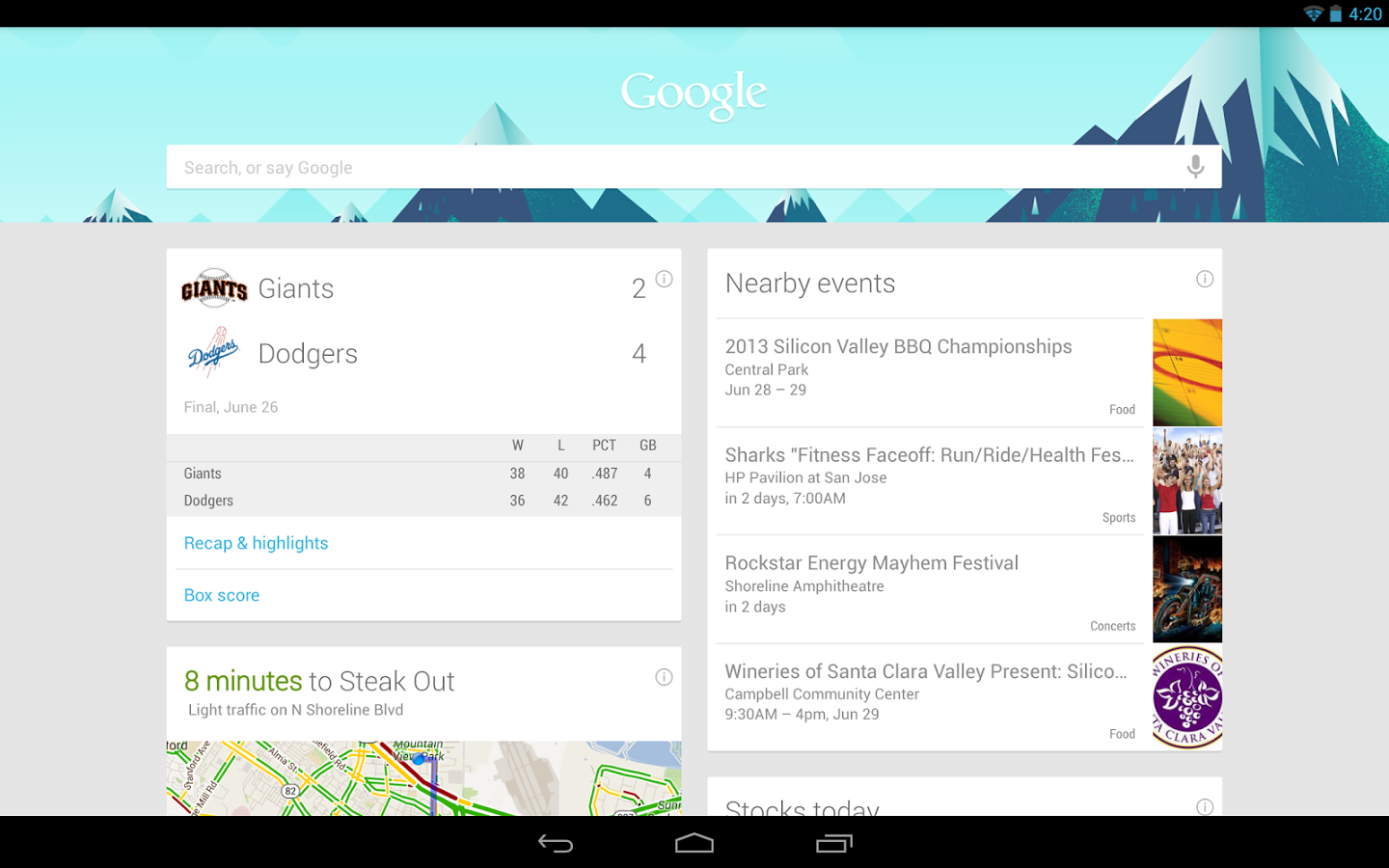Justin Kahn
Posts: 752 +6

For years Google has dominated on the web, but with the steady rise of mobile devices, some suggest the company's advertising and search businesses could become less valuable and relevant.
As many of us know, Google employees a massive team of highly intelligent spiders that crawl the web and then rank the content and pages based on relevancy and other things. In terms of mobile platforms, this technology can't be employed as successfully because apps are generally blocked off and do not include links.
The issue here is that people spend most of their time using apps on mobile platforms, not the web, and as more users shift over to mobile devices, Google's $50 billion ad business is expected to become more and more threatened. Mobile analytics firm Flurry said smartphone users spend around 80% of their time using applications, as opposed to only 20% on mobile webpages.
Back in the Fall, Google launched an initiative to get a jump on mobile app crawling with a system that works very similar to its Web platforms. Now with major support from IMDb, Expedia, Open Table and Wikipedia, the platform indexes content from inside mobile applications and links to said content in Google's search results. For example, a film based search term inside Google's Android app could bring up results pointing inside the IMDb app (providing IMDb is installed on that device).
However, the direct support from the companies and app makers is key here. Not only do many developers not include links inside their apps, Google requires direct access in order to index its information. Google says it will be allowing developers to submit their apps for indexing down the line, so we will likely see more content and options available soon.
"Whether content is in an app or a website, we should be able to help," said Lawrence Chang, a Google product manager heading up mobile Google search. At this point, links to apps in search results is only available on Android devices, but Chang said we will likely be seeing iOS support coming as well.
Google refers to the process as "deep linking." It basically assigns various pages and sections of a mobile application an address similar to a web page, at which point it can direct users to particular parts of an application.
 While there are no ads directly tied to deep linking at this point, many believe it is not only a matter of time before that happens, but could also be a huge business for the search giant. Speaking at a conference last week, Google's chief business officer Nikesh Arora (right) agreed, saying that while mobile ads are much less lucrative at this point, he believes mobile ad revenue will be a "multiple" of desktop ads in the future.
While there are no ads directly tied to deep linking at this point, many believe it is not only a matter of time before that happens, but could also be a huge business for the search giant. Speaking at a conference last week, Google's chief business officer Nikesh Arora (right) agreed, saying that while mobile ads are much less lucrative at this point, he believes mobile ad revenue will be a "multiple" of desktop ads in the future.
Google will have some competition here though, Twitter and Facebook are also very interested and have already implemented similar tech. Facebook said it has garnered more than 145 million app installations from its "app install ads" initiative it launched in 2012. Already proven by Facebook, many feel that developers (among others) will likely make use of deep linking in order to drive downloads and to promote the continued use of their apps after they are already installed.
(Image via Reuters)